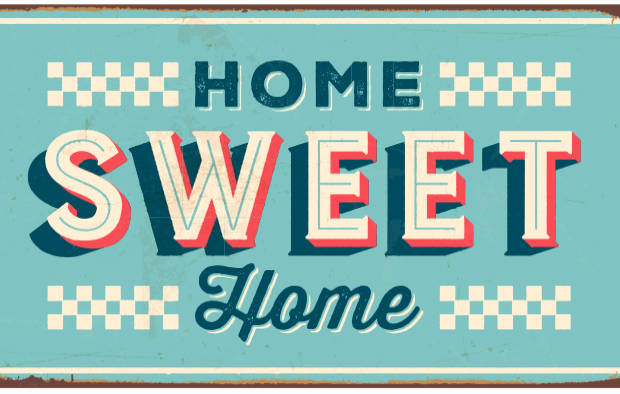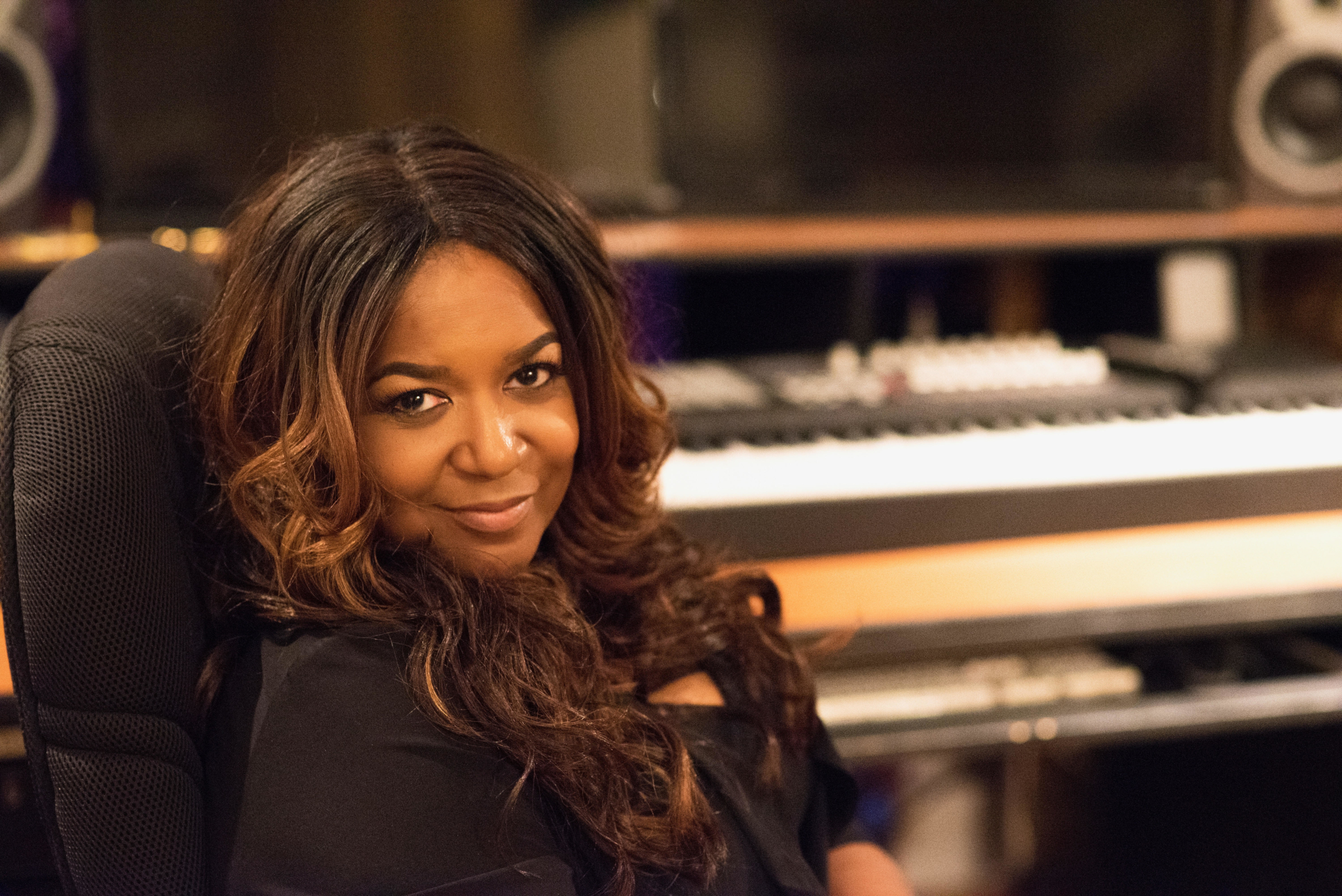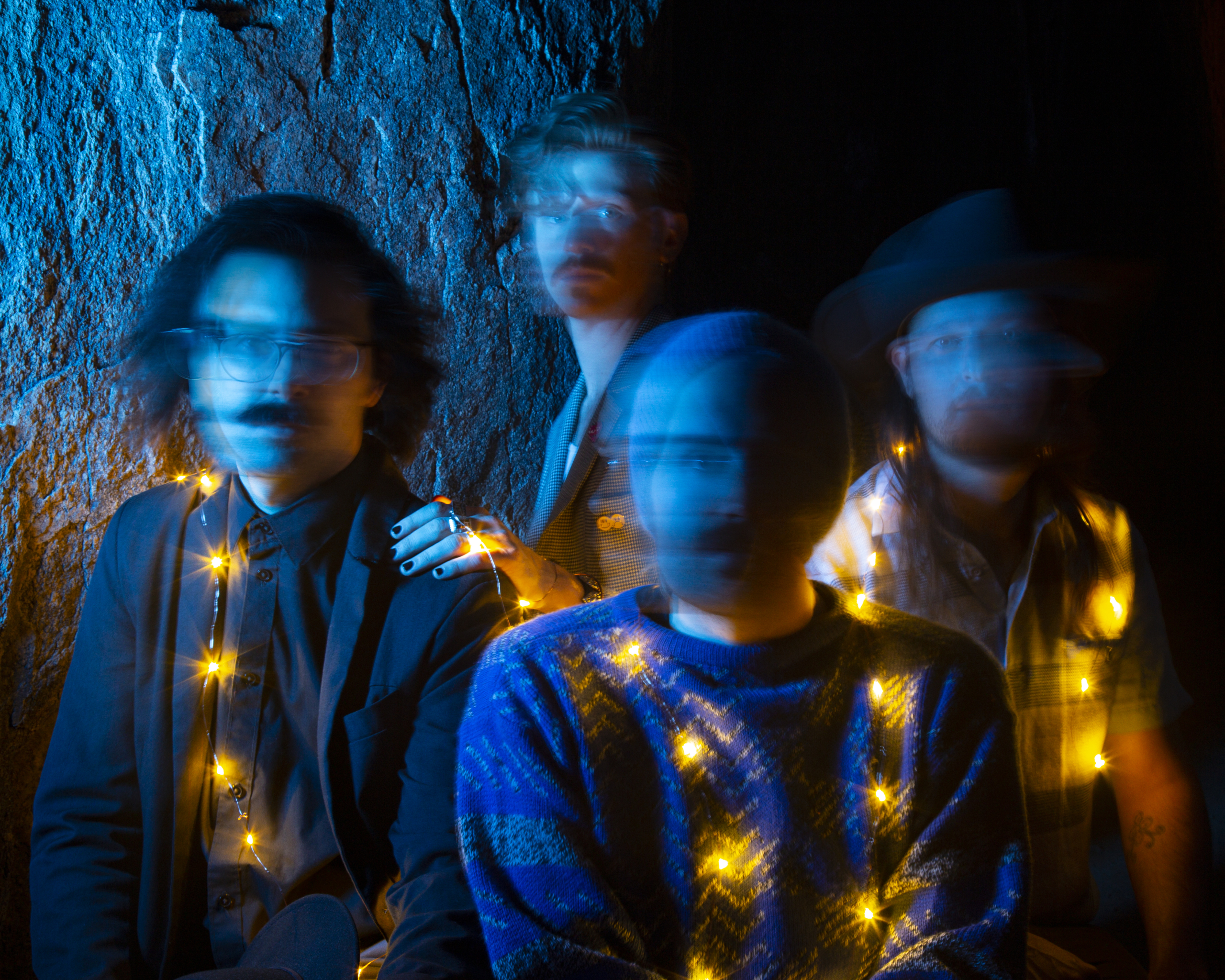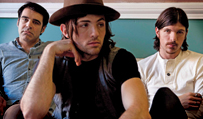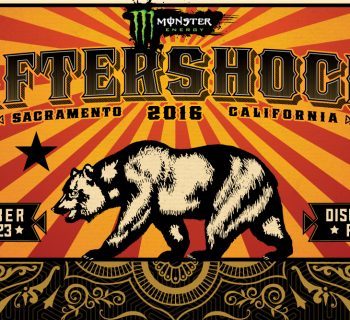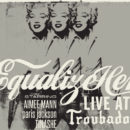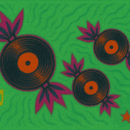The Americana Music Association was born in 1999. The Association’s mission “Is to advocate for the authentic voice of American Roots music around the World.” Toward that end, in 2000 they hosted their first annual Americana Fest in Nashville, TN. It was created to bring together “fans and music industry professionals alike offering celebrations through panels, seminars and networking opportunities by day, and raw, intimate showcases each night.” [From the Americana Music Association website, “americanamusic.org”]
Previous festivals have included the Americana Awards show, which was held at the famous Ryman Auditorium and was filmed for television. There were always lots of showcase performances by up-and-coming, as well as nationally known artists.
This year, COVID -19 forced the Americana Music Association to make a difficult choice: Cancel the festival altogether or take it online and make it strictly “virtual.” They chose the latter, and this year, instead of calling it the “Americana Fest,” they called it, “Thriving Roots.” It took place Sept. 16-18.
Why the name change?
Thriving Roots’ executive director Jed Hilly explained that they knew it would not be possible to simply duplicate the Americana Fest online. They decided to change the name in part to make it clear that this was something different from the Americana Fest. The Americana Fests typically lasted 6 days. Thriving Roots lasted three. There was no Americana Awards show this year. Mr. Hilly wanted to be clear that this was not a “festival” in the true sense of the word––although the two entities shared many of the same objectives and attractions.
Who was there?
Thriving Roots did have participation by quite a few luminaries in Americana Music, just as the Americana fest always had. Jackson Browne, Bonnie Raitt, Boz Scags, Elvin Bishop, Brandy Carlisle, Mavis Staples, Keb Mo, Taj Mahal, Roseanne Cash, Emmylou Harris, The Black Pumas and Bob Weir, to name a few. There were lots of interviews and in-depth conversations, as well as a healthy dose of performances by both famous and yet-to-be famous artists. Most were previously recorded and filmed with multiple cameras and studio quality sound. This certainly made for some good viewing and listening entertainment but lacked the spontaneity of a truly live, in-the-moment performance. There were no on camera audiences, no laughter or applause, and little patter.
Technical challenges:
Consider the scope of planning and directing nearly constant activities, often with several different things going on at the same time. Include previously produced videos and performances as well as live, real-time presentations, which must be fully interactive with a potential audience of thousands.
It was left to Americana Association board member Sarah Comardelle to find and hire an Internet tech company that was up to this challenge. “Pathable” was the company they chose, and amazingly they made it all work.
Was it perfect? No––but close. There were a few minor technical glitches here and there; a microphone not working, momentary drop-outs, but these occurrences were rare and did not last long. In the end they had almost no negative impact on the overall conference.
Cost / Profit – was it worth it?
Before COVID -19, The Americana Association was doing well. Mr. Hilly told me that as of April of this year, sales were up 30% over last year. But along comes COVID and those numbers change.
Sponsorship dropped off dramatically after COVID. Some sponsors dropped out altogether. Others stayed on, but only paying half what they had previously paid.
Many who had purchased tickets to the Americana Fest demanded refunds once they heard it would be replaced by the virtual Thriving Roots conference. Others accepted a credit for next year’s Americana Fest.
Hiring Pathable to handle the technical challenges was, in Jed’s words, “Very expensive,” but it was that, or don’t do it at all.
In the final analysis, The Americana Association lost 1.4 million dollars over last year, but the Thriving Roots festival still made a profit. The festival made more money than it cost to put it on.
Additional highlights:
Jed Hilly told me his vision for Thriving Roots was to be “A cross between a music conference and a Master Class.” Both objectives seem to have been achieved in a live presentation by singer/songwriter Mary Gauthier and her partner, Jaimee Harris. “Accessing The Universal In Your Songs,” was a live interactive session in which Ms. Gauthier performed several songs and then spoke openly about her creative process in writing the songs. She also answered questions in real time from the viewing audience. It was entertaining, inspiring and educational.
Jackson Browne interviewed Mavis Staples, and they talked about the influence of black and gospel music on their songs, and the history of protest songs, but neither of them performed at all.
Likewise, Bob Weir of The Grateful Dead was interviewed by Oteil Burbridge and they talked about the influence of music from other cultures, (African American, the blues, etc,) and the origins of some of the Grateful Dead songs. But again, no musical performance.
This may have been a disappointment to some fans of these artists, but the interviews were interesting and informative.
There was a live listening panel wherein portions of records or demos were played. The viewing audience was encouraged to vote by clicking on a number from 1 to 10, ranging from loving the song to hating it. This was followed by real time calculation of audience votes and some discussion, with viewers being able to actually speak in real time if they had a microphone.
Is this the future of conferences and festivals in the age of COVID?”
Jed Hilly doesn’t think so. He believes virtual conferences provide a “lane” for educational and informational purposes, but that they will not permanently replace live conferences or concerts. “The shared experience is important,” he said.
Mary Gauthier echoed these sentiments. She said that online performances are better than nothing, that they provide artists and fans a way to connect musically and emotionally, but she said “there’s nothing like sitting in a stadium at a Springsteen concert surrounded by people all screaming ‘Born in the U.S.A’ at the top of their lungs.”
John M is a songwriter with six albums, a documentary house-concert film and numerous videos in his catalog. He is also the author of the book, Performance Matters, a guide to successful live music performance, and the host, star and producer of the weekly show, "Sunday Morning Live with John M," on Facebook Live.

